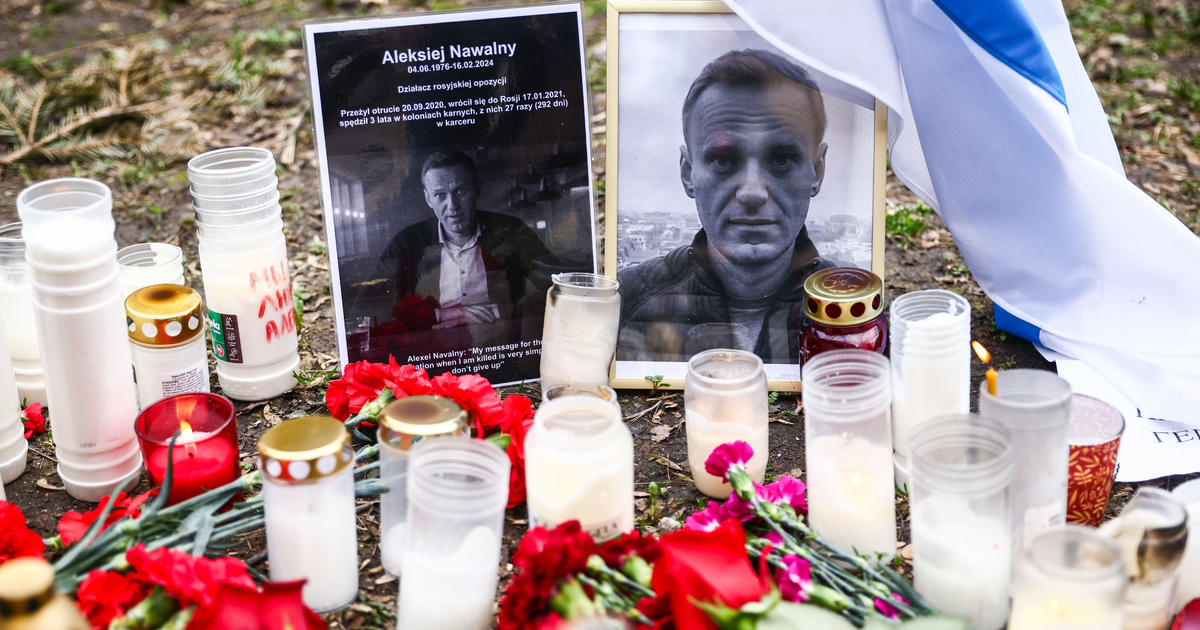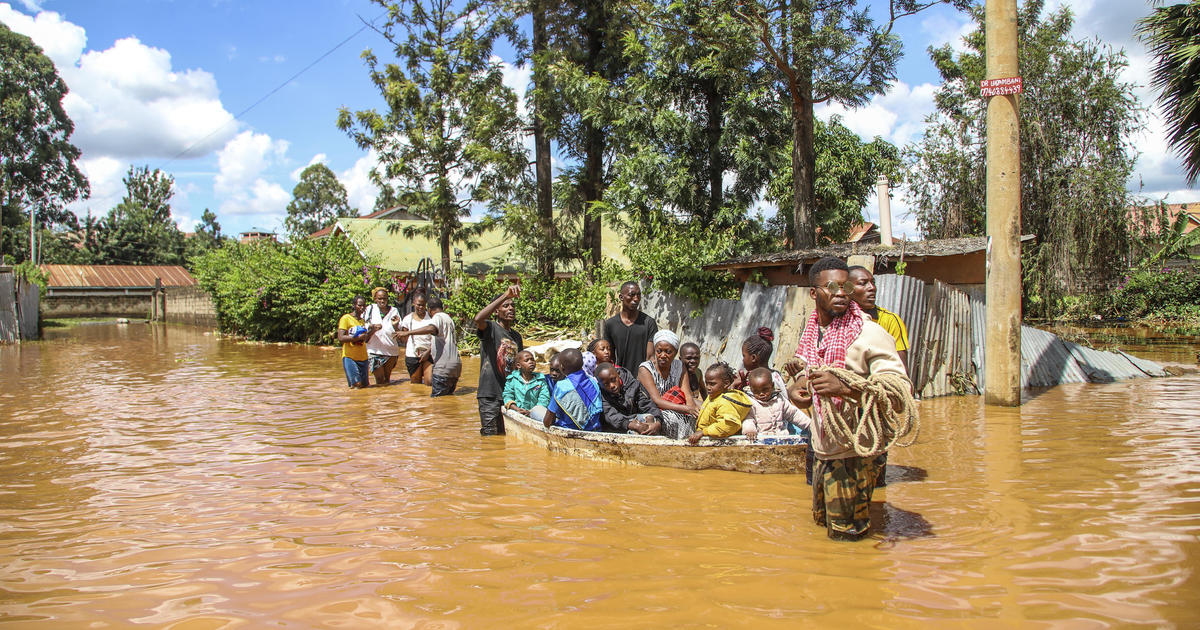Coronavirus poses potentially lethal threat to endangered great apes, experts warn
The coronavirus has the potential to wipe out populations of gorillas, chimpanzees, orangutans and bonobos if humans don't take steps to prevent its spread, experts are warning. In a letter published Wednesday in the journal Nature, 25 disease researchers, conservationists and other experts from the Great Ape Health Consortium warned that the virus could be even more lethal to endangered great apes, our closest-living relatives, than it is to humans.
The letter urged governments, conservation practitioners, researchers, tourism professionals and funding agencies to suspend wildlife tourism and reduce field research within reason — given that a lack of humans in certain regions could lead to an uptick in poaching.
It's well documented that coronavirus is capable of being transmitted across species — it likely originated in bats before potentially being transferred to pangolins and eventually to humans. But no great ape is yet known to have contracted COVID-19.
The World Wildlife Fund (WWF) lists "susceptibility to disease" as one of the main threats to great apes, in addition to habitat loss and poaching. Human respiratory illnesses — even extremely mild ones like the common cold — have proved fatal to gorillas in the past, according to the WWF.
Paula Kahumbu, chief executive of the Kenya-based conservation group WildlifeDirect, told The Associated Press that "every possible effort must be made" to protect mountain gorillas because so few are left in the wild.
"We know that gorillas are very sensitive to human diseases," she said. "If anyone has a cold or a flu they are not allowed to go and see the gorillas. With coronavirus having such a long time of no symptoms in some cases, it means that we could actually put those gorillas at risk."
Many parks that house large amounts of primates are taking steps to protect the animals. Rwanda is closing three parks housing gorillas and chimpanzees to both the public and scientists over concerns of the animals contracting the virus.
Uganda announced Wednesday that all primate tourism and research in all protected areas will be suspended until April 30. Virunga National Park in the Congo, home to one-third of the world's mountain gorillas, will be closed to humans until June 1.
"We must remain steadfast in safeguarding our population of this endangered species," Virunga National Park said in a press release.
On March 15, the International Union for the Conservation of Nature (IUCN) urged limiting interactions between humans and apes for the foreseeable future, advising they stay at least 33 feet apart.
"At this point, it is safest to assume that great apes are susceptible to SARS CoV-2 infection," IUCN said in a press release.




